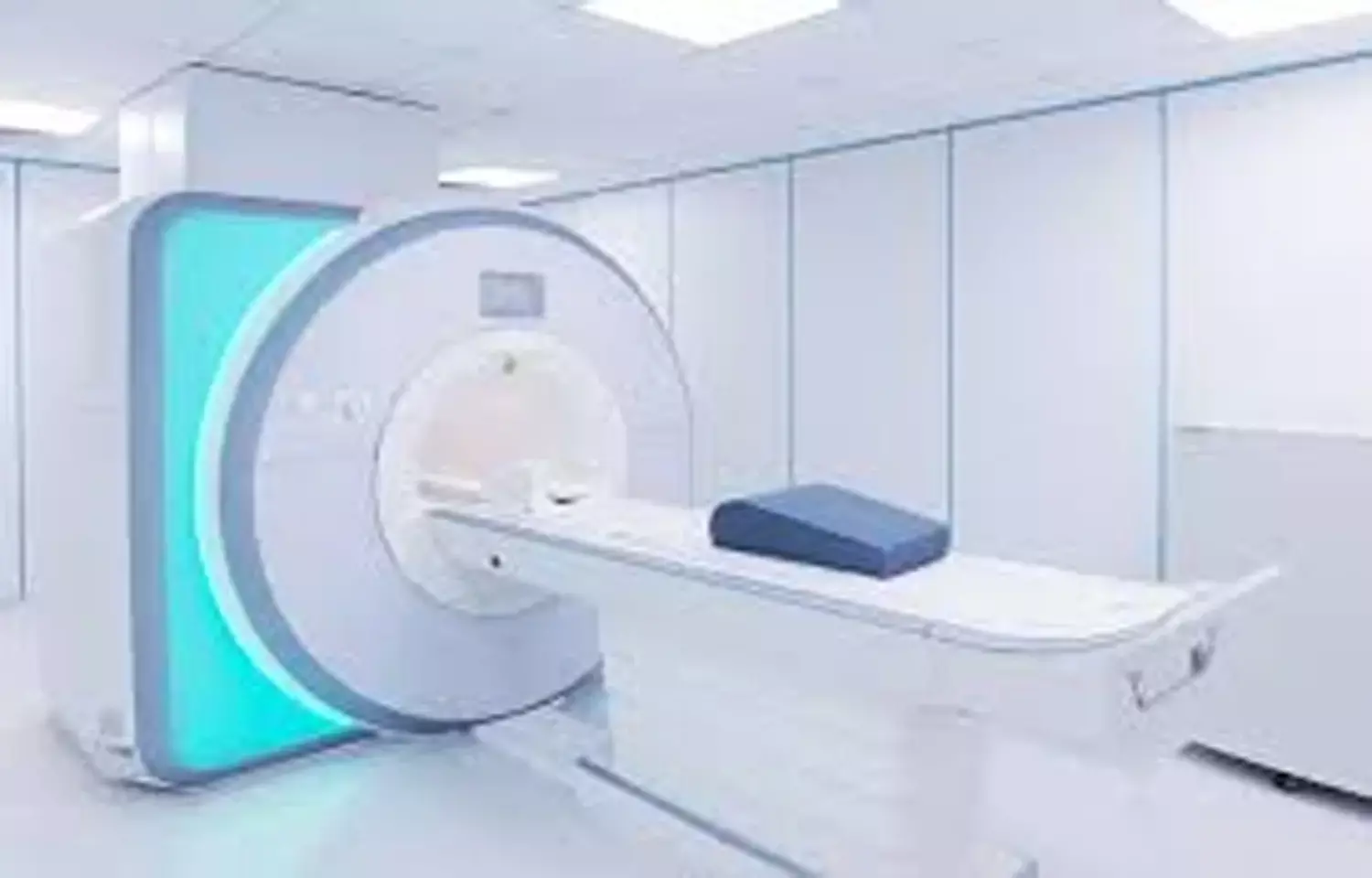- Home
- Medical news & Guidelines
- Anesthesiology
- Cardiology and CTVS
- Critical Care
- Dentistry
- Dermatology
- Diabetes and Endocrinology
- ENT
- Gastroenterology
- Medicine
- Nephrology
- Neurology
- Obstretics-Gynaecology
- Oncology
- Ophthalmology
- Orthopaedics
- Pediatrics-Neonatology
- Psychiatry
- Pulmonology
- Radiology
- Surgery
- Urology
- Laboratory Medicine
- Diet
- Nursing
- Paramedical
- Physiotherapy
- Health news
- Fact Check
- Bone Health Fact Check
- Brain Health Fact Check
- Cancer Related Fact Check
- Child Care Fact Check
- Dental and oral health fact check
- Diabetes and metabolic health fact check
- Diet and Nutrition Fact Check
- Eye and ENT Care Fact Check
- Fitness fact check
- Gut health fact check
- Heart health fact check
- Kidney health fact check
- Medical education fact check
- Men's health fact check
- Respiratory fact check
- Skin and hair care fact check
- Vaccine and Immunization fact check
- Women's health fact check
- AYUSH
- State News
- Andaman and Nicobar Islands
- Andhra Pradesh
- Arunachal Pradesh
- Assam
- Bihar
- Chandigarh
- Chattisgarh
- Dadra and Nagar Haveli
- Daman and Diu
- Delhi
- Goa
- Gujarat
- Haryana
- Himachal Pradesh
- Jammu & Kashmir
- Jharkhand
- Karnataka
- Kerala
- Ladakh
- Lakshadweep
- Madhya Pradesh
- Maharashtra
- Manipur
- Meghalaya
- Mizoram
- Nagaland
- Odisha
- Puducherry
- Punjab
- Rajasthan
- Sikkim
- Tamil Nadu
- Telangana
- Tripura
- Uttar Pradesh
- Uttrakhand
- West Bengal
- Medical Education
- Industry
Whole-body MRI with artificial intelligence may help detect diabetes, finds study

Whole-body MRI with artificial intelligence may help detect diabetes, finds a new study.The technique of heatmap visualization unravels plausible anatomical regions and highlights the leading role of fat accumulation in the lower abdomen in diabetes pathogenesis.
Being overweight and having a lot of body fat increase the risk of diabetes. However, not every overweight person also develops the disease. The decisive factor is where the fat is stored in the body. If fat is stored under the skin, it is less harmful than fat in deeper areas of the abdomen known as visceral fat.
How fat is distributed throughout the body can be easily visualized with whole-body magnetic resonance imaging. "We have now investigated whether type 2 diabetes could also be diagnosed on the basis of certain patterns of body fat distribution using MRI," said last author Prof. Robert Wagner, explaining the researchers' approach.
Deep learning trained with over 2000 MRI scans
To detect such patterns, the researchers used artificial intelligence (AI). They trained deep learning (machine learning) networks with whole-body MRI scans of 2,000 people who had also undergone screening with the oral glucose tolerance test (abbreviated OGTT). The OGTT can screen for impaired glucose metabolism and diagnose diabetes. This is how the AI learned to detect diabetes.
Lower abdominal fat accumulation an important indicator of diabetes pathogenesis
"An analysis of the model results showed that fat accumulation in the lower abdomen plays a crucial role in diabetes detection," Wagner said. Further additional analysis also showed that a proportion of people with prediabetes, as well as people with a diabetes subtype that can lead to kidney disease, can also be identified via MRI scans.
The researchers are now working to decipher the biological regulation of body fat distribution. One goal is to identify the causes of diabetes through new methods such as the use of AI in order to find better preventive and therapeutic options.
Hina Zahid Joined Medical Dialogue in 2017 with a passion to work as a Reporter. She coordinates with various national and international journals and association and covers all the stories related to Medical guidelines, Medical Journals, rare medical surgeries as well as all the updates in the medical field. Email: editorial@medicaldialogues.in. Contact no. 011-43720751
Dr Kamal Kant Kohli-MBBS, DTCD- a chest specialist with more than 30 years of practice and a flair for writing clinical articles, Dr Kamal Kant Kohli joined Medical Dialogues as a Chief Editor of Medical News. Besides writing articles, as an editor, he proofreads and verifies all the medical content published on Medical Dialogues including those coming from journals, studies,medical conferences,guidelines etc. Email: drkohli@medicaldialogues.in. Contact no. 011-43720751


